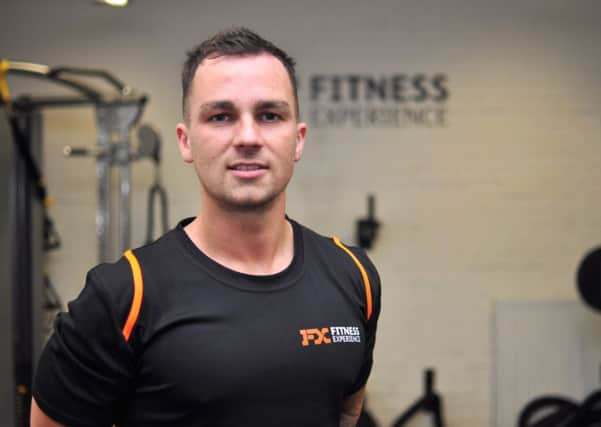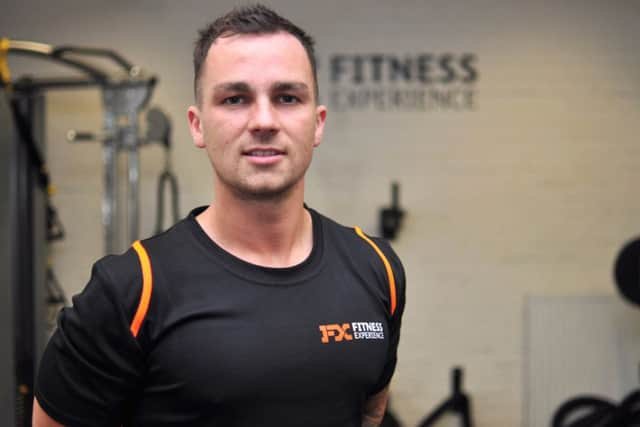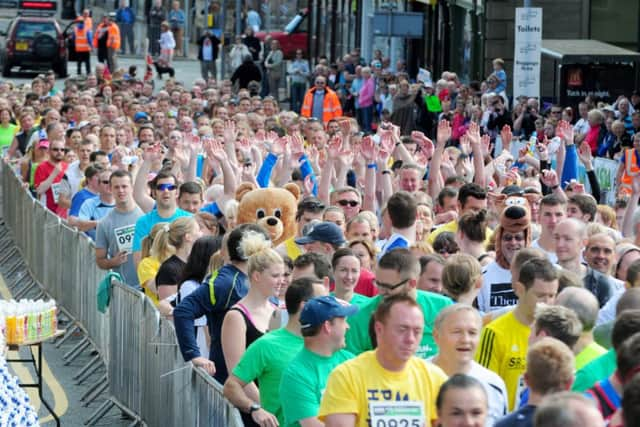Jamie Kennedy puts you through your paces ahead of June’s Pennine 10k


Or for the more experienced runners, the distance may not be the issue, but you may be aiming for a personal best. Hopefully we can get started this week and help you make the day as enjoyable as possible.
Before anyone starts training for the run you need to ensure that you are fit enough to do so. We have nine weeks so take your time and don’t start by going beyond your capabilities, as this could cause injury and set you back. If you do not know your current fitness levels then it would be a good idea to get down to your local park, for example the beautiful Towneley Park, and start with either a walk or jog around it to see how you get on.
Advertisement
Hide AdAdvertisement
Hide AdIf possible, try and record the distance you complete on this initial run, the time it takes and rate it one to 10 for difficulty. You can track your distance using one of many handy smartphone run-tracker GPS applications.


If you are unsure please consult your GP before you start the training to ensure your health is adequate.
If you already know you can run 10k and want to improve your time then why not try the route with a friend and decide what area you need to work on.
By doing this you will be able to plan your training to ensure it is appropriate, and remember it is vital to include an adequate warm up and cool down before and after each session.
Advertisement
Hide AdAdvertisement
Hide AdI always suggest that my clients ensure their diet is appropriate for their training. This is one of the most common mistakes people make when training for an event.


When you exercise, your body needs a good balance of food groups. Carbohydrates are generally essential to any training programme for sport, as they are the predominant energy source for most moderate to high intensity exercise.
Protein and fats are essential for several bodily functions. Protein is vital with regards to recovery and injury prevention. It is also important to include some healthy fats in your diet such as olive oil, nuts, avocados, and oily fish.
Healthy fats have a positive effect on hormone balance and many signally processes within the body (and much more) as well as both protein and fats contributing as a fuel source during the run.
Advertisement
Hide AdAdvertisement
Hide AdIf you are unsure what types of food are most beneficial then take a look at The Fitness Experience Personal Training Centres page on Facebook.
I suggest to my clients to eat fruit 20 minutes before training as it helps provide carbohydrates to the body for energy, and a balanced meal soon after finishing the session to help your body replenish the glycogen (carbohydrate) stores it has depleted during training.
A common belief is that if you are trying to lose weight then a reduction in carbohydrate intake is necessary. However, if you are training for a run this may have an adverse effect on achievement.
Please ensure you work off a professional nutrition plan to maximise performance as a healthy and balanced diet, that suits your needs, is the key to success.
Advertisement
Hide AdAdvertisement
Hide AdThis week’s video (online at www.burnleyexpress.net) will give you a look at the types of recovery and injury prevention methods we use for our runners.
Get out and give it a go, or if you think you need a little more help before you start call FX for a Free Consultation on 01282 454788.
• The Pennine 10k takes place on Sunday, June 22nd. For more information or to enter, you can visit www.runforall.com